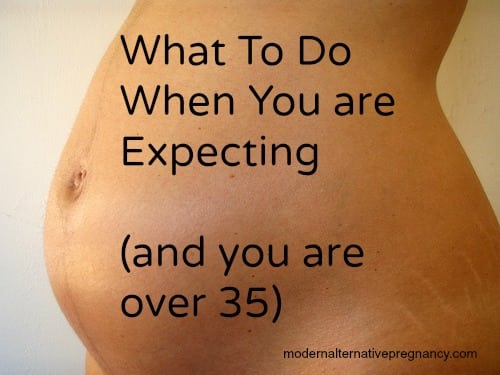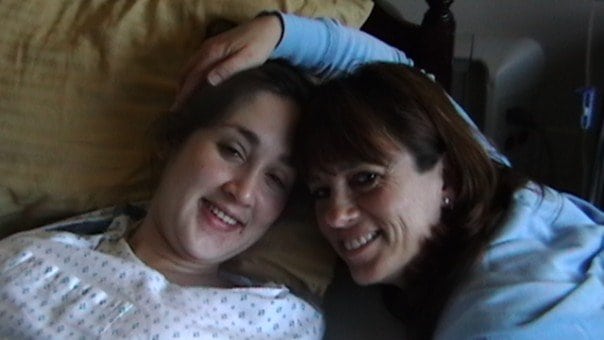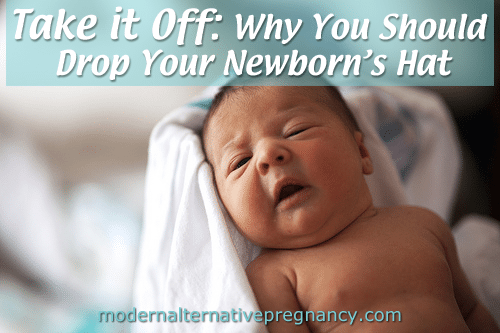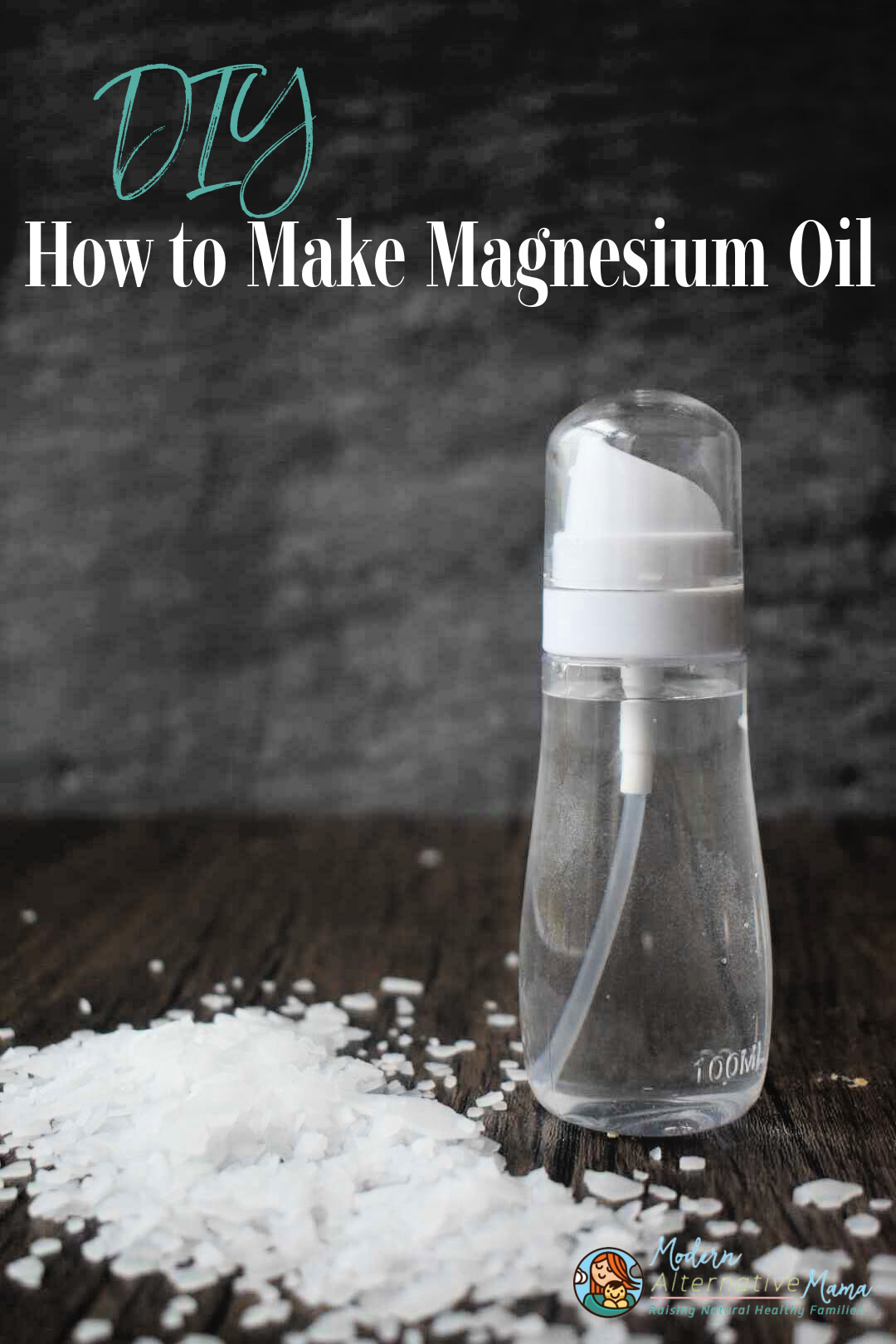The number of older women having babies is steadily growing. In 2010 almost 40 percent of all babies born in the US were to mothers over 30, and 1 in 7 was to mothers over 35. I am one of those older mothers: My first baby was born in 2011 when I was 38. It was a low-risk pregnancy and she was born at term and healthy.
But the list of risks facing older mothers is scary and it is good to understand them and what you can do to protect the health of your baby and yourself during your pregnancy.
Testing
Because of the increased risk of genetic defects and chromosomal abnormalities in babies conceived by older parents, consider genetic counseling and the screening tests available at the end of the first trimester. The non-invasive nuchal translucency ultrasound, combined with the mother’s blood serum test will offer 90-92% detection rates for the most common abnormalities. In some states, the cost of the screening tests will be covered by the state if the mother is over 35.
Amniocentesis and CVS are diagnostic tests that can give almost 100% accurate results, but come with risks to either the baby or to the mother, including miscarriage and infection.
Complications
There is a risk of complications in all pregnancies, but the statistics rise for mothers over 35 and increase with each year of age. Older mothers have a higher rate of miscarriage and ectopic pregnancies, are more likely to develop gestational diabetes and high blood pressure, have higher chances of having a low birth-weight baby, a premature delivery, or need a cesarean section due to complications such as placenta previa or placental abruption.
The good news is that you can lower your personal risk of most of these complications by getting early and consistent prenatal care and by taking good care of your body and health throughout your pregnancy. Develop a relationship with a practitioner early in your pregnancy so you can be monitored regularly and any issues will be caught early. Take your prenatal vitamins consistently and talk to your practitioner about other beneficial supplements. In addition, keep up with your regular doctor’s appointments for general health. Be sure to see your dentist, too, as poor oral health is correlated with low birth weight and pre-term delivery.
Your Well Being
Whether this is your first baby or your fifth, you may have anxiety over this change in your life. Get whatever help and support you need to keep your stress level low and find time to relax and rest.
Eat a healthy and balanced diet and get adequate and regular exercise. Depending on your BMI pre-pregnancy, your practitioner may recommend that you manage your weight gain to lower your chances of developing gestational diabetes or high blood pressure. If you smoke, stop. This advice goes for all pregnant women, but women over 35 who smoke have a much higher risk of delivering a low-birth-weight baby. Not smoking can also help prevent preeclampsia.
The most important thing to remember is that most women who conceive and deliver babies after 35 and even into their 40s have healthy babies. And the chances are very good that you will be one of those women.
What concerns do you have, if you are over 35? What are you doing to take care of yourself and your baby?
SaveSave







Actually, the number of CVS and amnios are decreasing, now that there is new technology out there. I know of one called Maternity 21 and one called Harmony that pull fetal DNA out of the mother’s blood and they test it for chromosomal anomalies with a 99% accuracy rate with 0% risk of miscarriage! It’s fairly new, so perhaps not offered everywhere, but certainly worth a mention when discussing genetic testing.
Thanks for mentioning those tests – I learned about them after writing this article. The definite upside is that they are non-invasive and therefore pose no risk to the pregnancy. The downsides are that they are not available everywhere, and not all insurance plans cover the test yet. In addition, they only screen for Down’s Syndrome, not the range of other chromosomal abnormalities that the existing combination of tests cover. I hope that they are the beginning of a more comprehensive panel of no-risk tests that will be available to mothers in the next few years!